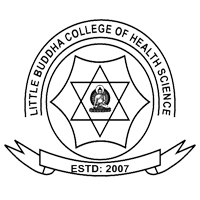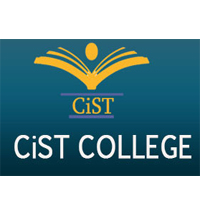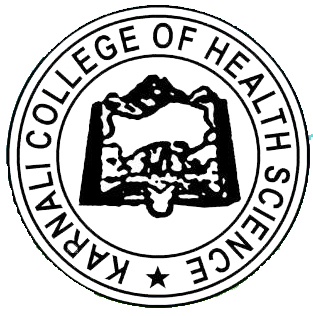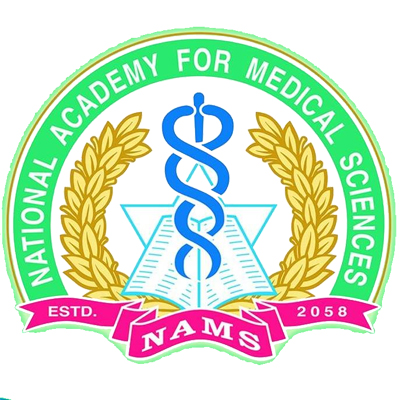Overview
Bachelor of Public Health (BPH) at Nobel College, Kathmandu (affiliated with Pokhara University)
Bachelor of Public Health (BPH) at Nobel College is a four-year undergraduate program that aims to provide students with a comprehensive understanding of the public health system. This program emphasizes the prevention of health problems and the promotion of healthy lifestyles in individuals, families, and communities.
Students will be equipped with knowledge and skills to address health disparities, develop health programs and policies, and conduct research in the field of public health.
Course Outlines:
The BPH program covers a wide range of topics related to public health, including health promotion, epidemiology, environmental health, health policy, and health management. Some of the courses offered in the BPH program are:
-
Anatomy and Physiology
-
Principles of Public Health
-
Epidemiology and Biostatistics
-
Health Promotion and Behavior Change
-
Environmental Health
-
Health Policy and Management
-
Disaster Management
-
Research Methods in Public Health
Objectives:
The objectives of the BPH program are:
-
To provide students with a solid foundation in public health theory and practice
-
To develop students' analytical and critical thinking skills in addressing public health issues
-
To prepare students to work in various settings, such as government agencies, non-governmental organizations, and healthcare institutions
-
To train students in conducting research in the field of public health
Eligibility:
To be eligible for the BPH program at Nobel College, students must have completed their 10+2 or equivalent education in science with a minimum of 50% aggregate marks. They must also pass the entrance examination conducted by Pokhara University.
Learning Outcomes:
After completing the BPH program at Nobel College, students will be able to:
-
Analyze public health problems and develop effective solutions
-
Evaluate public health policies and programs
-
Design and conduct research in the field of public health
-
Communicate effectively with different stakeholders in the public health system
-
Demonstrate leadership and teamwork skills in addressing public health challenges
Scope:
The BPH program's scope is broad, with opportunities in various sectors, such as government agencies, non-governmental organizations, healthcare institutions, and research organizations. Graduates can work as public health officers, health program coordinators, community health workers, epidemiologists, health educators, or health policy analysts.
Career Prospects:
The demand for public health professionals is increasing globally, and Nepal is no exception. Graduates of the BPH program can pursue careers in various fields, such as:
-
Public Health Officer
-
Health Program Coordinator
-
Community Health Worker
-
Epidemiologist
-
Health Educator
-
Health Policy Analyst
Career Options:
The BPH program also provides opportunities for graduates to pursue higher education in public health, such as a Master's in Public Health (MPH) or a Doctorate in Public Health (DrPH).
Why Choose this Course:
The BPH program at Nobel College provides students with a comprehensive understanding of public health issues and equips them with the skills to address them. The program's focus on health promotion and prevention makes it a rewarding career option for those interested in positively impacting individuals, families, and communities.
Scholarship:
Nobel College offers scholarships to deserving students based on their academic performance and financial need. The college also provides financial assistance to students through education loans from partner banks.
Contact Nobel College's administrative office for detailed information on the BPH course, including fees, scholarships, facilities, counseling, eligibility criteria, etc.







.png)












